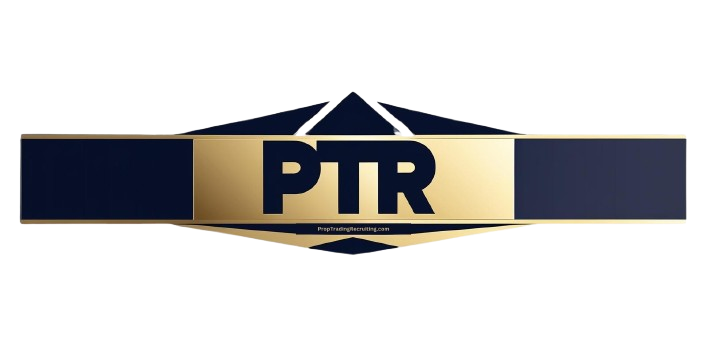In the fast-paced world of financial markets, proprietary trading, commonly referred to as “prop trading,” stands out as a lucrative and exciting career path. But what exactly is prop trading, and why does it attract both seasoned professionals and ambitious newcomers? This beginner-friendly guide will demystify proprietary trading, covering its fundamentals, benefits, challenges, and more.
What is Prop Trading?
Proprietary trading occurs when a financial firm or a trading desk invests its own capital in financial markets to generate direct profits. Unlike traditional trading, where brokers execute trades on behalf of clients, prop trading focuses solely on the firm’s capital, cutting out the middleman. This allows the firm to maximize profits and retain full control over investment decisions.
Prop traders leverage advanced tools, research, and strategies to trade a variety of assets, including stocks, bonds, currencies, and derivatives.
How Prop Trading Firms Operate
Prop trading firms offer traders access to significant capital, state-of-the-art trading platforms, and market insights. Here’s an overview of their key components:
- Funding Models: Most firms allocate capital to traders based on their skill level and performance, allowing them to manage larger positions than they could on their own.
- Risk Management: Prop firms implement strict risk management policies to protect their capital. Traders must adhere to predefined risk limits.
- Profit Sharing: Traders typically earn a percentage of the profits they generate, creating a high-performance incentive structure.
Benefits of Prop Trading
- High Earning Potential: Successful prop traders can earn significantly more than traditional trading roles.
- Access to Resources: Firms provide cutting-edge tools, software, and data that individual traders cannot afford.
- No Personal Risk: Traders use the firm’s capital, meaning they don’t risk their own money.
- Collaborative Environment: Working alongside experienced professionals fosters growth and innovation.
Challenges in Prop Trading
While the potential rewards are high, prop trading isn’t without its challenges:
- Intense Competition: The industry is highly competitive, requiring continuous skill enhancement.
- Performance Pressure: Traders must consistently deliver results or risk losing their positions.
- Steep Learning Curve: Mastering trading strategies and market behavior can take years of practice.
Who Should Consider Prop Trading?
Prop trading is ideal for individuals with a strong interest in financial markets, analytical skills, and the ability to make quick decisions under pressure. Aspiring traders should also have a willingness to learn and adapt to market changes.
Conclusion
Proprietary trading offers an exciting career for those willing to put in the effort to master the art of trading. By understanding its unique dynamics, aspiring traders can decide if this path aligns with their goals. Whether you’re a beginner or a seasoned professional, prop trading provides opportunities to grow, learn, and achieve significant financial success.
